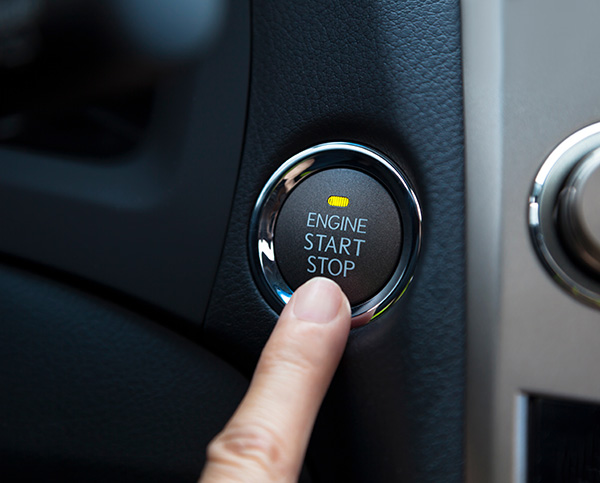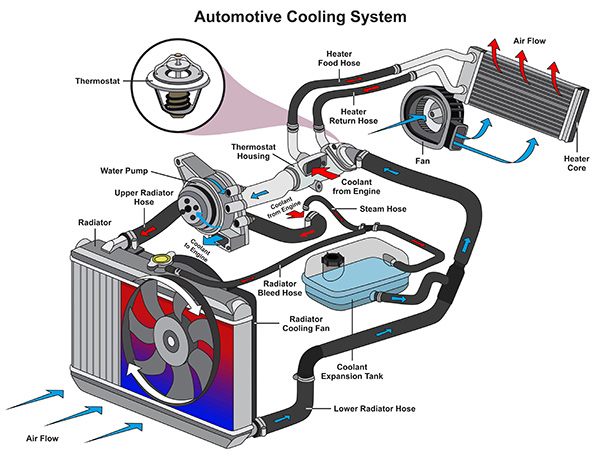Posted on 12/20/2024

The practice of warming up a car before driving has been around for decades, but is it still necessary today? With advances in modern engines and changing environmental concerns, drivers often wonder if letting their car idle on a cold morning is beneficial or simply a waste of time and fuel. The Origins of Warming Up Your Car In the era of carbureted engines, warming up a car was essential for proper performance. Carburetors needed time to mix air and fuel effectively when the engine was cold, and a few minutes of idling allowed the engine to stabilize. However, since the 1980s, fuel-injected engines have replaced carburetors in nearly all vehicles. These modern engines use sensors and computers to adjust fuel delivery automatically, even in cold weather. As a result, the necessity for idling has drastically diminished. Why Warming Up Your Car Isn’t Always Necessary For most modern vehicles, idling for extended periods before driving is unn ... read more
Posted on 11/29/2024

Winter driving comes with its own set of challenges, and road salt is one of them. While it’s necessary for keeping icy roads safer, it can wreak havoc on your car if you’re not careful. Road salt is highly corrosive, and when left unchecked, it can lead to rust and other damage over time. So, how can you protect your car during the salt-covered months? Here’s everything you need to know to keep your ride in great shape, even in the toughest winter conditions. The Impact of Road Salt Road salt plays a crucial role in preventing accidents on icy roads. It lowers the freezing point of water, making it harder for ice to form. However, this chemical solution, often made of sodium chloride, can cause problems for your vehicle. When salt mixes with water, it creates a highly corrosive solution that can cling to your car's undercarriage, frame, and wheel wells. Over time, this leads to rust, weakening the structure of your vehicle and potentially affe ... read more
Posted on 10/31/2024

After a long drive, you park your car, turn off the ignition, and step out, only to notice something strange – the engine fan is still running. Are you wondering why this happens? While it might seem like an unusual occurrence, there are actually a few reasons your car's cooling fan keeps working even after the engine is off. Let’s explore what is going on under the hood and whether you should be concerned. 1. Engine Temperature and Cooling One of the most common reasons your car’s engine fan keeps running after you’ve turned off the ignition is the high engine temperature. Even after you switch off the engine, it continues to retain heat for some time. The fan’s job is to cool down the engine and prevent overheating, which can damage critical components. In many modern cars, the engine control unit (ECU) monitors the temperature, and if it detects that the engine is still too hot after shutting down, the fan will stay on until the ... read more
Posted on 9/27/2024

Hearing a strange noise when you press on the accelerator is a surefire way to raise concern. While it can be tempting to ignore it, those unusual sounds are often a sign that something is wrong under the hood. It’s important to pay attention to the type of noise and when it occurs, as this can provide valuable clues to help you determine the root of the issue Common Noises and What They Mean When your car makes an odd sound while accelerating, it could be due to a variety of mechanical issues. Below, we’ll cover some of the most common noises and what they could indicate: Squealing or Screeching One of the most common reasons for a high-pitched squeal when you accelerate is a worn-out or loose serpentine belt. The serpentine belt powers essential systems like your air conditioning, alternator, and power steering. Over time, it can wear out, become misaligned, or lose tension, causing that telltale squeal. A belt adjustment or replaceme ... read more
Posted on 8/30/2024

Selling your car is more than just slapping a "For Sale" sign on the windshield and hoping for the best. If you want to get top dollar, you'll need to invest some time and effort to make sure your vehicle is in tip-top shape. Buyers are more likely to pay a premium for a car that looks great, runs smoothly, and has a well-documented history of care. So, how do you get your car ready for the market? Let's break it down. First Impressions Matter When a potential buyer comes to check out your car, the first thing they'll notice is its appearance. A clean, shiny exterior can make a significant difference in how much someone is willing to pay. So, start with a thorough wash and wax. Pay special attention to details like the wheels, tires, and windows. But don't stop there—make sure the interior is spotless, too. Vacu ... read more